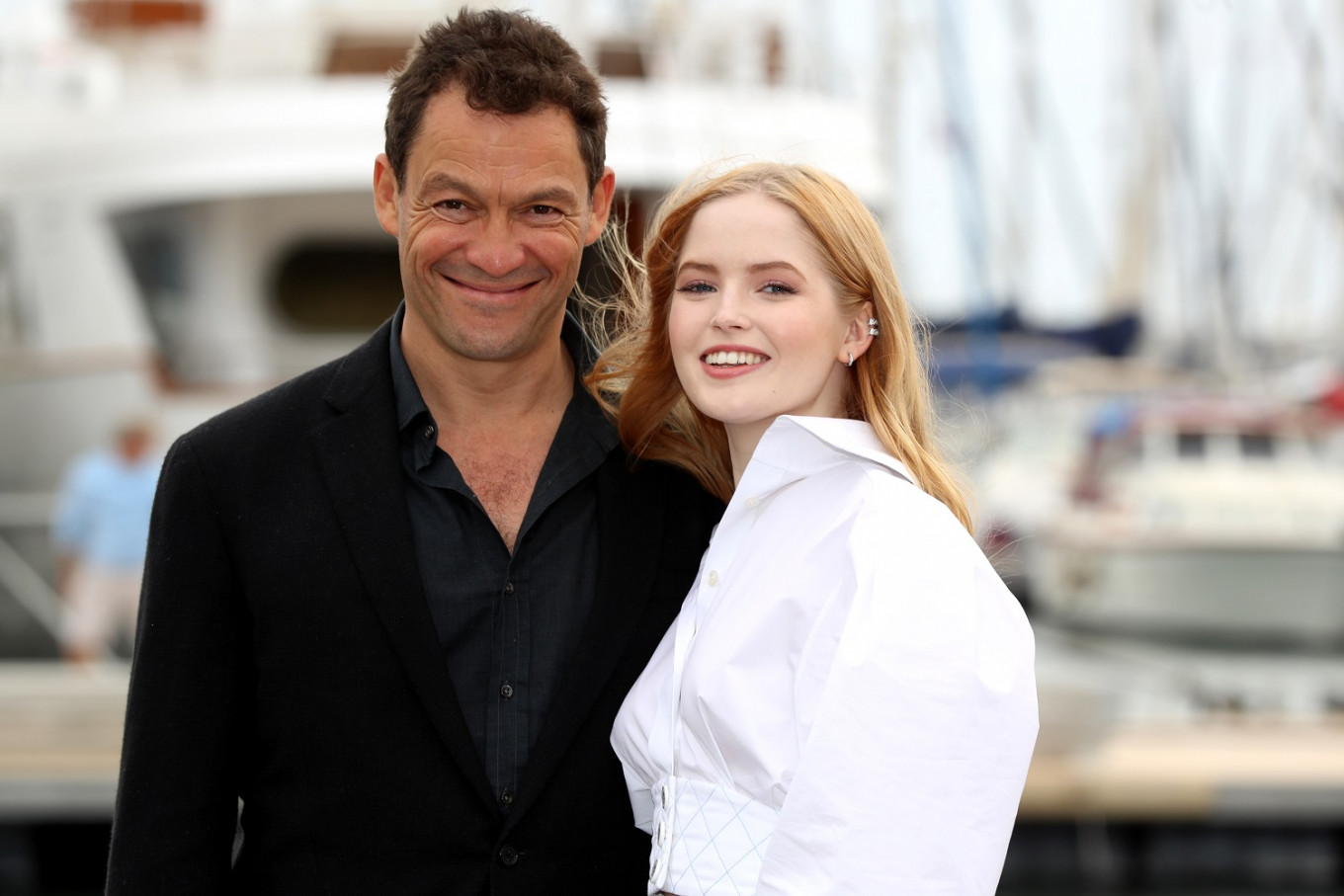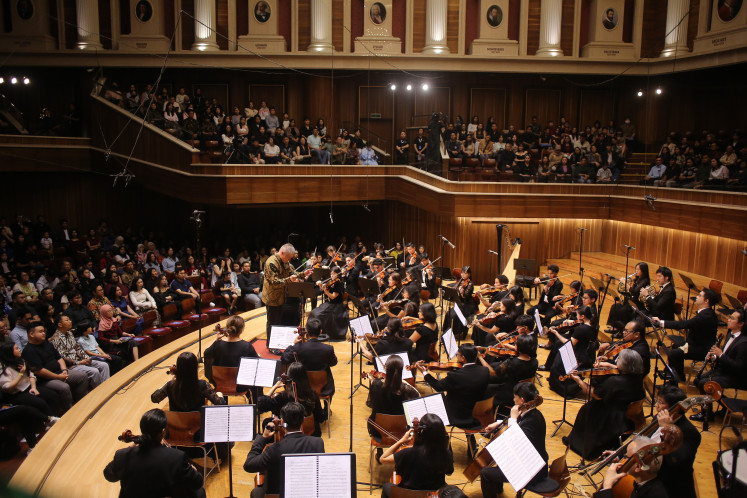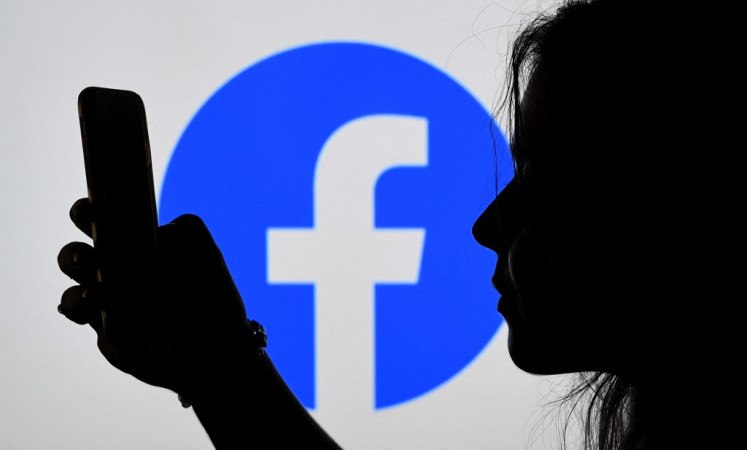Female actors face pressure to strip onscreen, says Dominic West
British star Dominic West praised the #MeToo campaign against harassment but said treatment of women on the small screen has "taken a big step back" over the last 20 years in an interview with the Radio Times magazine published on Friday.
Change text size
Gift Premium Articles
to Anyone
 English actor Dominic West (L) and English actress Ellie Bamber (R) pose during a photocall for a TV serie (AFP/Valery Hache )
English actor Dominic West (L) and English actress Ellie Bamber (R) pose during a photocall for a TV serie (AFP/Valery Hache )
F
emale actors are facing increasing pressure to strip off for "pornographic" television roles, British star Dominic West said.
He praised the #MeToo campaign against harassment but said treatment of women on the small screen has "taken a big step back" over the last 20 years in an interview with the Radio Times magazine published on Friday.
"Television … has become more pornographic and the burden of that falls squarely on young women," he said.
"The parts young actresses get, particularly pretty ones, involve violent rape."
His comments come after the #MeToo campaign last year which saw women came forward with a slew of allegations against Hollywood mogul Harvey Weinstein, and others, in a scandal that sparked a wider global debate over sexual abuse and harassment.
Weinstein has denied wrongdoing.
West said he became more aware of gender discrimination after Ruth Wilson, his former co-star on U.S. show The Affair, said earlier year that she was "sure" she was being paid less than him.
Read also: #MeToo has brought fear and respect to Bollywood, says star
He said he had never considered who was paid what, adding, "I never realized the disparity and the injustice."
The actor said the #MeToo campaign had created a noticeable change within the industry and male actors and directors were now less able to harass women.
"There was one guy in particular whose behavior was disgusting," he said. "Particularly to young females in minor roles. I tried to counter it on several occasions. But now, it wouldn't be so hard to get rid of them."
Studies have found that women are still often sidelined and shown in stereotyped roles across both television and film.
Women took only 40 percent of speaking roles on prime-time U.S. television shows in 2017-18 and were much more likely to play "personal life-oriented roles", such as wife and mother, the "Boxed In" report from San Diego State University found.
Across the 100 top-grossing films of 2017, women accounted for less than a third of speaking roles, according to analysis by the University of Southern California.
It also found a quarter of releases featured female characters in skimpy clothing or nude, compared to less than 10 percent showing men in a similar state of undress.









